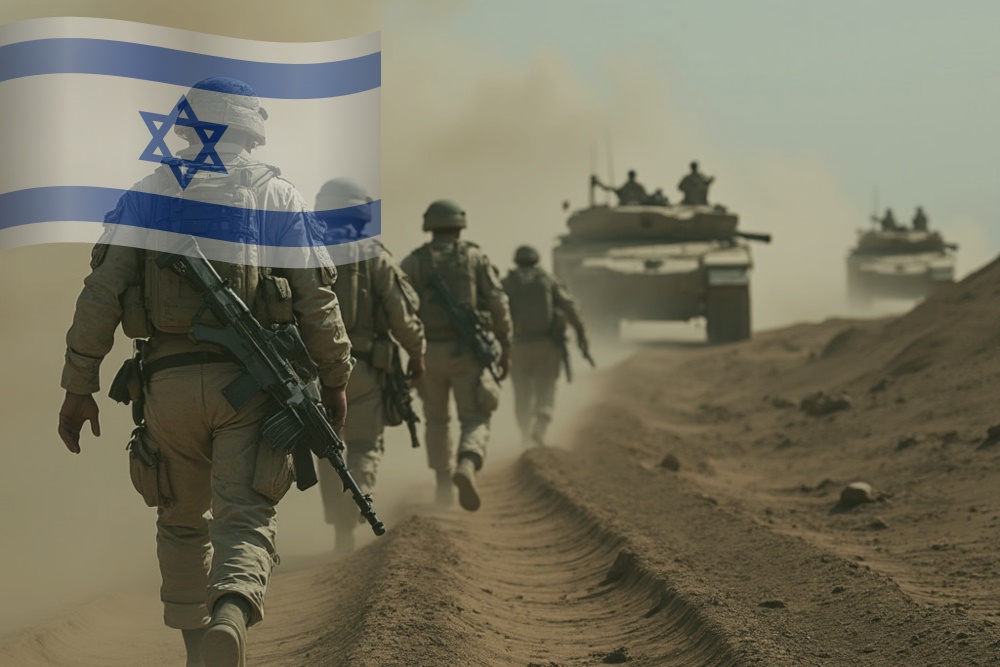
The IDF defeated Hamas and demolished the Gaza terror base. However, Israel is now entering the dangerous phase of diminishing returns, where smaller gains could come at higher costs.
With the elimination of Hamas leader Sinwar, Israel achieved a pivotal goal in its military campaign. By now, most Hamas leaders are dead, and much of the group’s military power has been crippled.
The IDF dismantled strategic tunnels, destroyed massive weapon stockpiles, and shattered the Hamas chain of command.
However, every war reaches a tipping point where continued fighting becomes ineffective or too costly. While Israel’s military achievements have weakened Hamas significantly, the costs of sustaining major operations are high.
This is the moment when Israel must be careful: The temptation to pursue every remaining target is strong, but doing so could push the IDF and Israeli society into a self-defeating war of attrition. To avoid falling into this trap, Israel must change its focus.
In essence, Israel must avoid the mistakes of Hamas and Hezbollah earlier in the war. Both groups maximized their achievements long months ago but continued to fight, with disastrous results.
The IDF’s military victory set the stage for a broader strategic victory. Next, Israel should aim to leverage its battlefield gains to arrange a strategic exit from the war.
Ideally, this should include a wide-scale hostage release deal and an initial shift to a post-Hamas order in Gaza.
Israeli pivot to post-war mode
No deal will be perfect. Israel will have to remain on guard, while occasionally taking military action to uproot remaining terror hubs and counter Hamas rebuilding efforts.
However, the alternative is a grinding conflict that gradually depletes Israel’s resources, with limited gains.
The IDF needs to transition to a lower operational tempo, focusing on minimizing day-to-day ops while maintaining readiness. This shift will allow the army to reduce the wear and tear on its forces and avoid being bogged down in an endless war.
It will not happen in a day or a week, but Israel must soon pivot from wartime operations to post-conflict priorities.
The government needs to restore a robust economy, and the IDF must replenish and strengthen its forces in preparation for future battles.
Restocking munitions, rebuilding units, and preparing for the next set of regional challenges are crucial steps in ensuring Israel’s security. The military victory in Gaza offers a brief window to consolidate gains and prepare for the future.
Israel stands at a critical juncture. The question is not if it can continue to fight, but whether doing so will serve the country’s long-term interests. The IDF accomplished its mission. Now, Israel must focus on what comes next.


